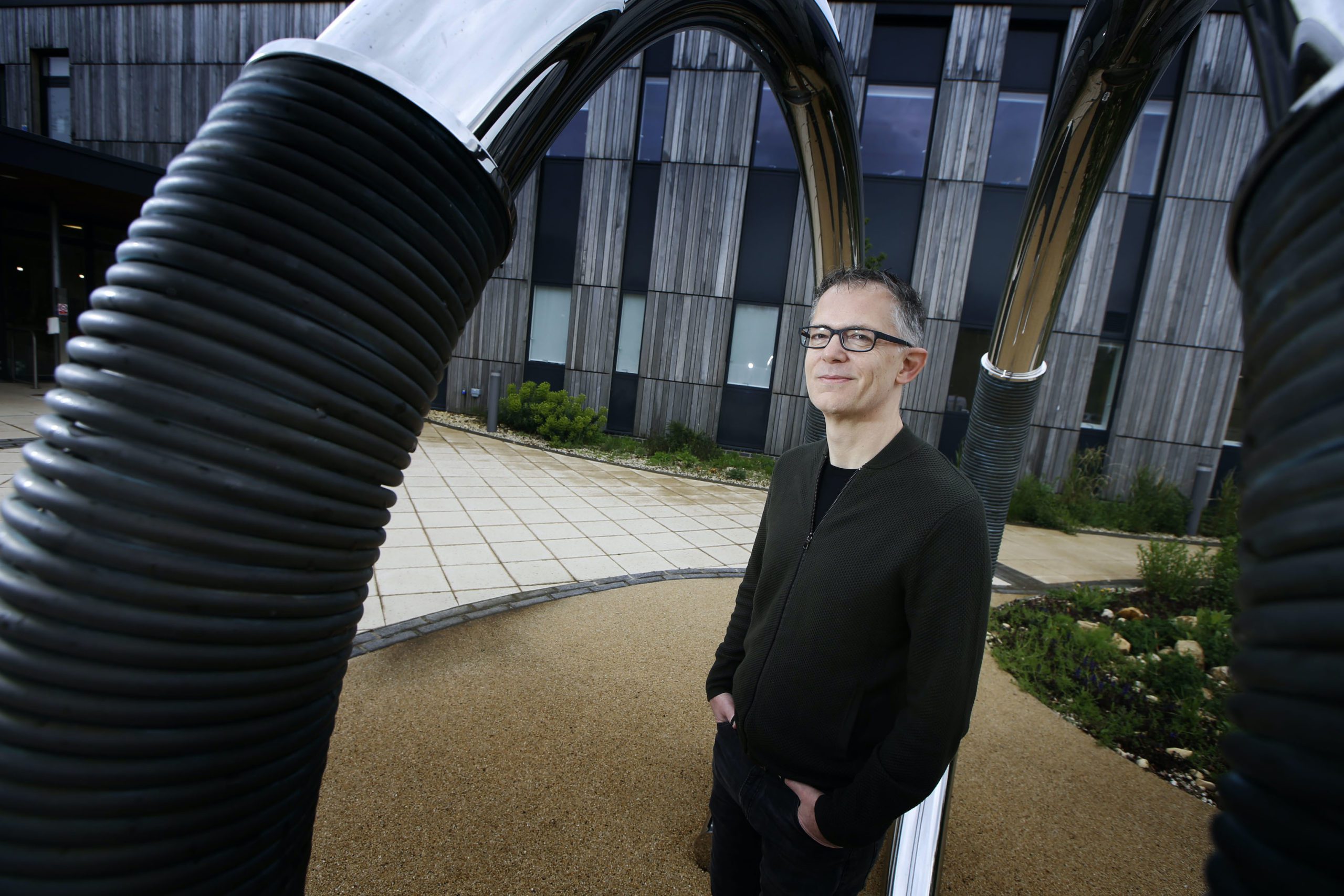Set up by Apollo Ventures in Berlin, Samsara is one of a handful of companies worldwide researching into autophagy.
If you didn’t already know, autophagy [pronounced aw-toff-ajee] comes from the Ancient Greek and means “self-eating” or “self-devouring” and is the body’s way of clearing out damaged cells to create newer, healthier ones.
This process of cellular renewal is a self-preservation mechanism that breaks down unwanted proteins and invading bodies, such as viruses and bacteria, and re-uses these macromolecules for rebuilding the cell. Unfortunately, autophagy declines with age and, if it is inhibited or malfunctions, can cause various human diseases, particularly those that have a genetic basis – including liver disease, neurodegeneration and even cancer. In fact, there is now compelling evidence from human genetics that many human diseases are driven by autophagy disfunction.
In 2016, the Nobel Prize for Physiology or Medicine was awarded to Yoshinori Ohsumi for his discoveries on mechanisms of autophagy, emphasizing the importance and impact of the process. It is well known that we can boost autophagy naturally by fasting and intense exercise but Samsara is looking at new biological ways to do the job more effectively. Currently, there are no good autophagy-inducing medicines on the market but Peter and his team are identifying new autophagy enhancers which could lead to new solutions – and potentially a huge opportunity for drug discovery.
“What we do,” says Peter, “is test in human cells to find molecules that can actually boost the autophagy process. Once we’ve isolated promising molecules that do this, we put a lot of effort into understanding the mechanism or biological process used and how it activates autophagy.”
“The interesting thing is that using our unbiased approach to therapeutic discovery we are finding that there are quite a few different molecules and mechanisms that do the job effectively.”
“Once we’ve isolated the candidate molecules, we test their potency in different types of cells. For example our best molecules work in human liver cells and will help us treat a range of liver problems, in particular a rare liver disease called glycogen storage disorder (GSD).”
“But we have also found molecules that work well in neurons which we hope will help us solve many debilitating neurodegenerative diseases too – like Huntingdon’s, Parkinson’s and Alzheimer’s Disease.”
Samsara’s research could potentially turn the pharmaceutical industry on its head. Most drugs address the symptoms of disease rather than the primary molecular causes, such as malfunctioning autophagy. Some diseases, like glycogen storage disorder, can be caused by a single mutation in a gene which leads to a build-up of a misfolded protein. These proteins can do serious damage to the cell, prevent autophagy, and cause fatal disease. By finding a way of boosting autophagy, the misfolded or toxic protein can be removed, autophagy and the function of the mutated protein restored, and, hopefully, the disease cured.
With a PhD in chemistry from the University of Cambridge, Peter went to work in research for big pharma – he started his career at AstraZeneca and most recently was Global Head of External Innovation and Drug Discovery at French giant Sanofi – before joining Samsara to head up research and development. Formed by Apollo Ventures, a life science venture capital firm – who are funding several companies working in the area of longevity – the Samsara team includes Professor Guido Kroemer, a well-known biologist researching into autophagy and cancer biology in Paris and, in fact, one of the most cited life scientists in the world. Although the team is based all over the world, the company is centred in Oxford as they want to hire the best talent in this cutting-edge area of research.
Samsara’s goal is to find several candidate molecules and run clinical trials for their work on glycogen storage disorder within the next two years and in five years to have a portfolio of drugs that could be used in clinical trials for a range of diseases, particularly in neurodegeneration. But, in the longer term, they also want to address the root causes of ageing and aid healthy lifespans.
The future looks bright for Samsara in their new labs at the Wood Centre for Innovation.
For more information on Samsara, see here
For more information on the Trust’s centres, follow links for the Wood Centre for Innovation and its sister centre, the Oxford Centre for Innovation.




